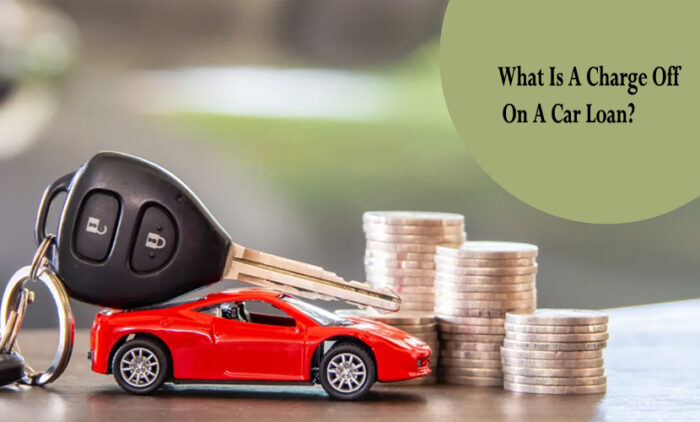What is a charge-off on a car loan? A car loan charge-off is a procedure where a lender transfers a car loan from the asset section to the liability section during the accounting process. Usually, lenders opt to charge off car loans when the borrower ceases to make payments for a certain period.

Furthermore, this process occurs after the lender has attempted to collect the outstanding debt from the borrower. Therefore, when they move the debt to the liability section, it signifies their belief that they won’t be able to recover the payment from the borrower. In essence, the lender considers the loan a loss on their part.
How Does It Work?
When you’re unable to make payments on a car loan, the insurance company or lender will initiate the charge-off process, which typically involves the following steps:
- You miss your payments.
- The lender attempts to repossess the car.
- You’re given a limited period to come up with the money.
- If payment isn’t made, the lender puts the car up for sale.
If the debt remains unpaid, the lender will charge off the account. This summarizes the entire process of a charge-off.
Can You Drive A Vehicle In Charge-Off?
In most cases, if there’s a charge-off, the car will be repossessed. However, there are instances where you may have to wait a few days before receiving notification of the vehicle’s repossession and the charge-off.
During this time, you may still be able to drive your car. However, if you used an unsecured loan to purchase the vehicle, the car isn’t used as collateral.
Therefore, the lender cannot seize the vehicle without a court order. If this happens, you can continue to drive your car even with a charged-off loan.
What Happens During This Process?
When a lender files a charge-off on your car loan, you must understand how the process works and what happens during this process. So, here’s what happens:
- The lender will upgrade their accounting.
- You will be notified of the charge-off.
- The lender will sell your debt.
- The credit bureaus will be notified by the lender.
- The collection agency will make continuous efforts to get back the loan.
The Lender Will Upgrade their Accounting
The initial step in the charge-off process involves the lender updating their accounting records. When attempts to collect payments prove unsuccessful, the lender deems the loan uncollectible and subsequently moves it to the liability section within their accounting system.
You Will Be Notified of the Charge-Off
After the lender has updated your debt status, moving it from the asset to the liability section, they may contact the borrower once more. However, not all scenarios necessitate this step, so you might not always receive a notification.
The Lender Will Sell Your Debt
Your debt might be sold to a collection agency, which is a third-party company responsible for collecting payments from borrowers.
These agencies reach out to borrowers through traditional means such as mail, phone calls, or email.
The Credit Bureaus will Be Notified By The Lender
The credit bureaus will be notified that the borrower has defaulted on paying back the loan from the lender. Unfortunately, this will leave a negative mark on your credit report.
The Collections Agency Will Make Continuous Efforts To Get Back the Loan
Since the collections agency is now in charge of the loan, they will try to get the borrower to repay the loan. However, during this process, the lender can repossess your car and eventually sell it at an auction.
What Happens After The Car Loan Charge-Off Process
Once the lender has charged off the account, it indicates that you still owe money. However, the auto loan lender might transfer the account to a debt buyer or collection agency. In such cases, the agency will attempt to collect the outstanding debt from you.
However, it’s important to note that the amount you’ll need to pay will likely be higher than the original owed amount, as collection and other fees are typically added to the loan.
What To Do After Your Car Loan Gets Charged Off
If your car loan is charged off, it’s important to take action promptly upon receiving notification. However, there are several options available to help you retain possession of your vehicle or safeguard your credit score. Here are a few alternatives to consider:
- Collaborate with a lender.
- Consider filing for bankruptcy.
- Engage with the collections agency.
Regardless of the approach you choose, it’s essential to acknowledge the auto loan charge-off. Ignoring it can significantly harm your credit history, making it more challenging to secure another car loan in the future.
How Long Does It Stay on Your Credit?
A default on a car loan and a charge-off typically remain on your credit report for 7 years. Unfortunately, negative information like this often lingers on your credit report for an extended period and isn’t easily removable.



